The education system is meant to equip young people with the skills, knowledge and critical thinking needed to succeed in the world. But, many aspects of modern education are falling short, leaving future generations unprepared for the real world. From outdated curricula to a lack of resources, the education system is in need of reform. We look at 19 alarming ways the education system is failing future generations:
Outdated Curricula

Many schools still use curricula that have not evolved in decades. While the world changes rapidly with technological advances and societal shifts, students are being taught using content and methods that don’t reflect the current realities of life or work. This disconnect leaves graduates ill-prepared for modern challenges.
Lack of Critical Thinking Skills
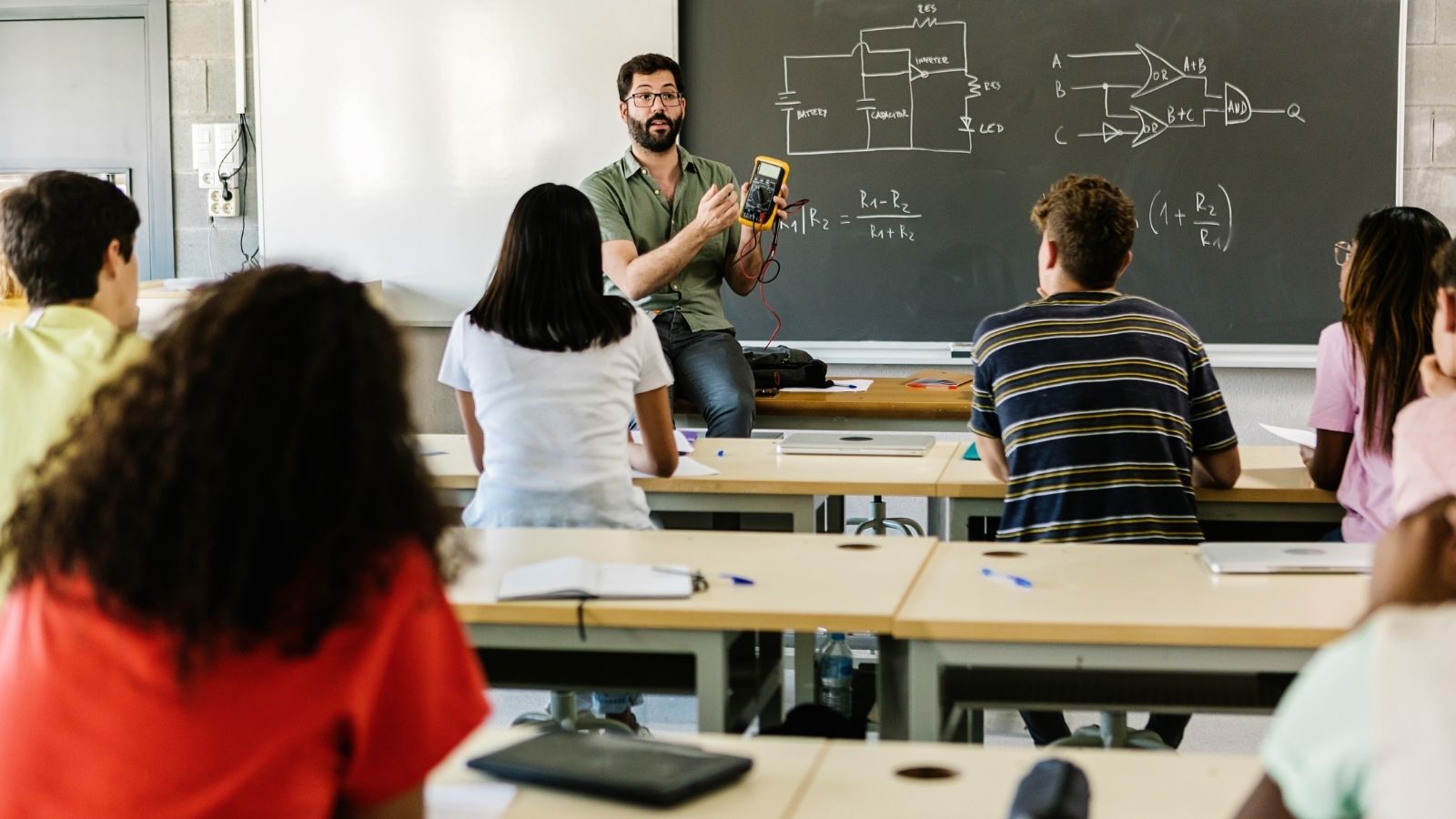
Education often focuses on rote memorization and standardized tests rather than encouraging critical thinking and problem-solving skills. As a result, students are not being taught to question, analyze, or develop creative solutions, which are essential skills in both professional and personal life.
Overemphasis on Standardized Testing

Standardized testing has taken over the education system in many countries, leading to a one-size-fits-all approach that stifles creativity and deep learning. Students are often taught to pass tests, rather than truly understand and engage with the material and this undermines their intellectual development.
Inequitable Access to Resources

Not all schools are created equal and socioeconomic disparities mean that students in underfunded schools often lack access to essential resources like technology, quality teachers and extracurricular activities. This deepens inequality and limits the potential of students from lower-income families.
Failing to Address Mental Health

The pressures of modern education are taking a toll on student mental health, with issues like anxiety, depression and burnout on the rise. Many schools are ill-equipped to provide adequate mental health support, leaving students struggling to cope in silence.
Ignoring Technological Integration
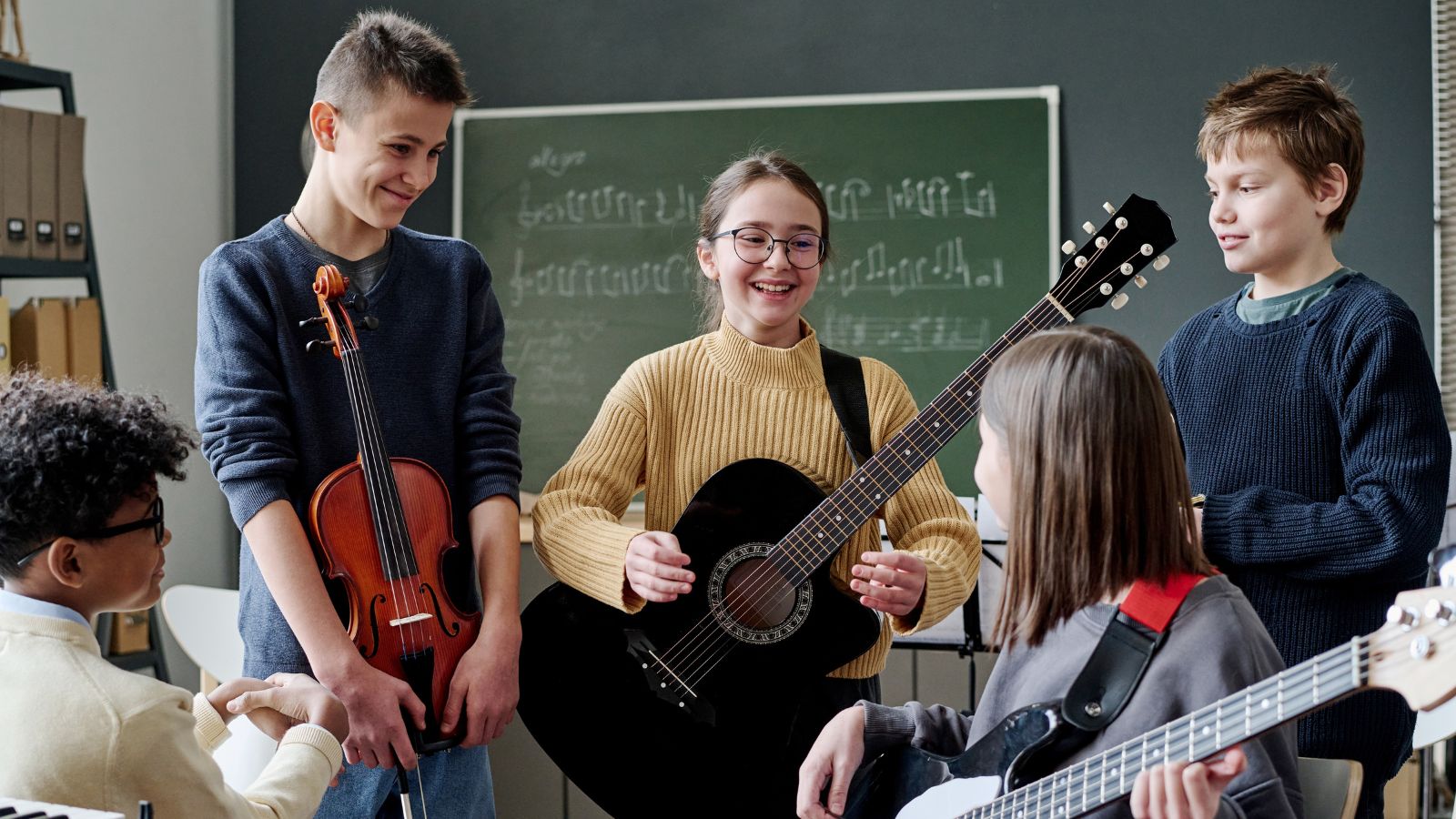
While technology is transforming nearly every aspect of life, many schools are slow to integrate it effectively into the classroom. Students are not being adequately trained in digital literacy, coding, or using technology as a tool for learning, leaving them behind in an increasingly tech-driven world.
Lack of Focus on Practical Life Skills

Schools often neglect to teach students practical life skills such as financial literacy, time management, communication and basic household tasks. Without these skills, many students graduate unprepared to navigate adult responsibilities, such as budgeting, paying taxes, or managing time effectively.
Ineffective Teacher Training

Teachers play a crucial role in shaping young minds, but many are not given the ongoing training or support they need to stay up-to-date with modern teaching methods or technology. This limits their ability to adapt to students’ evolving needs and hampers their effectiveness in the classroom.
Inadequate Preparation for the Workforce

The modern workforce requires more than just academic knowledge; it demands teamwork, emotional intelligence, adaptability and problem-solving abilities. Unfortunately, many education systems focus solely on academic achievement and fail to prepare students for the practical realities of the workplace.
One-Size-Fits-All Approach

Many schools continue to use a one-size-fits-all model that assumes all students learn the same way. This ignores individual learning styles and abilities, leaving students who need more creative or hands-on approaches to struggle in an environment that doesn’t cater to their strengths.
Failure to Teach Emotional Intelligence

Emotional intelligence (EQ) is increasingly recognized as a crucial life skill, yet it is rarely taught in schools. The ability to manage emotions, empathize with others and navigate social complexities is essential for personal and professional success, but is often overlooked in favor of traditional academic subjects.
Neglecting Civic Education

Many students graduate with little understanding of how their government works, the importance of civic engagement, or their rights and responsibilities as citizens. Without a strong foundation in civic education, future generations may be ill-equipped to participate in democratic processes or advocate for social change.
Rising Costs of Higher Education
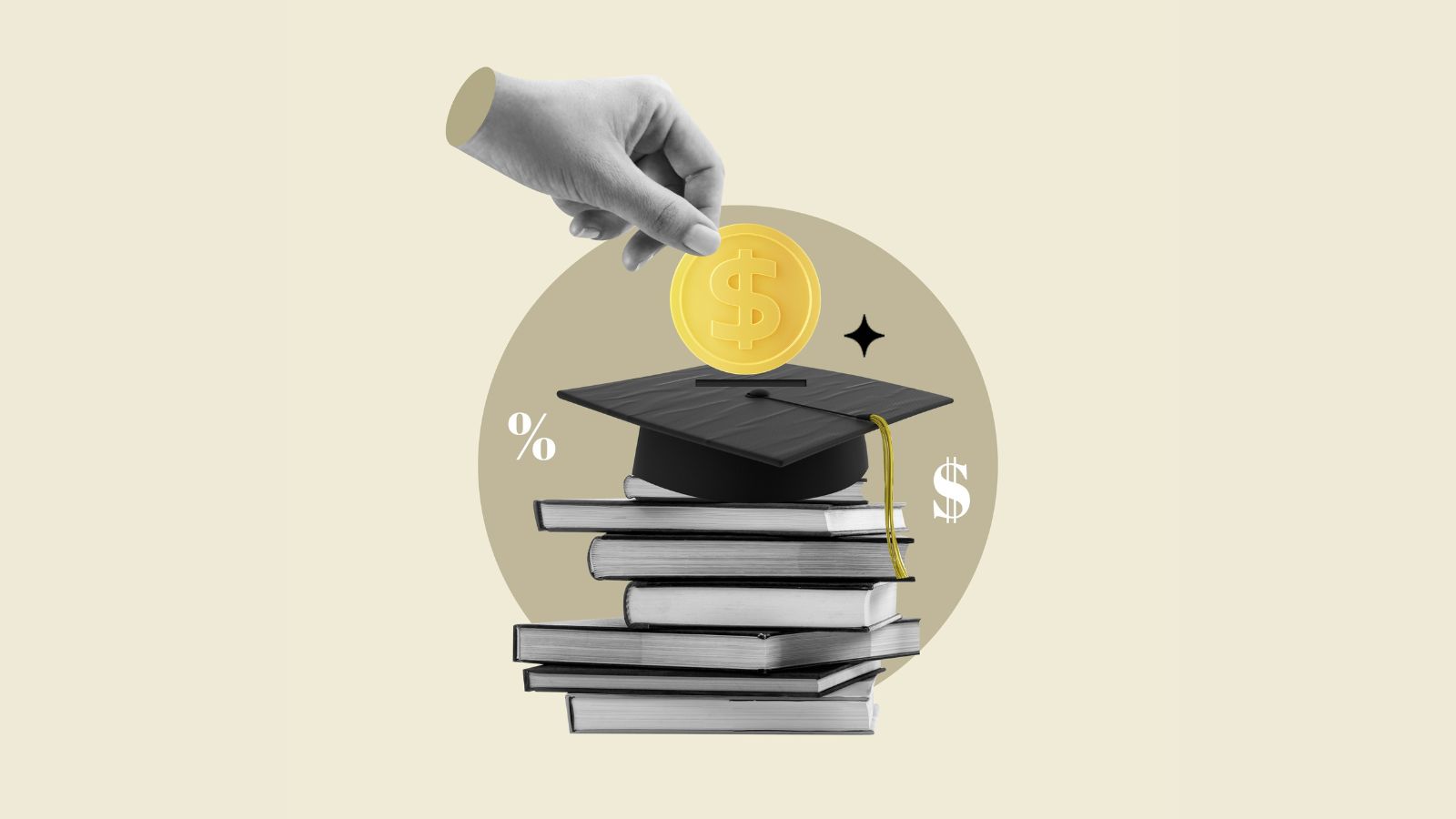
The skyrocketing cost of higher education is placing immense financial strain on students and families, forcing many into lifelong debt or barring them from attending college altogether. This financial burden limits opportunities for personal and professional growth, particularly for students from disadvantaged backgrounds.
Disregard for Environmental Education

With climate change posing one of the greatest challenges to future generations, it’s alarming how little emphasis is placed on environmental education in schools. Students are not adequately taught about sustainability, conservation, or how to combat environmental crises, leaving them unprepared to deal with future ecological challenges.
Diminishing Arts and Humanities
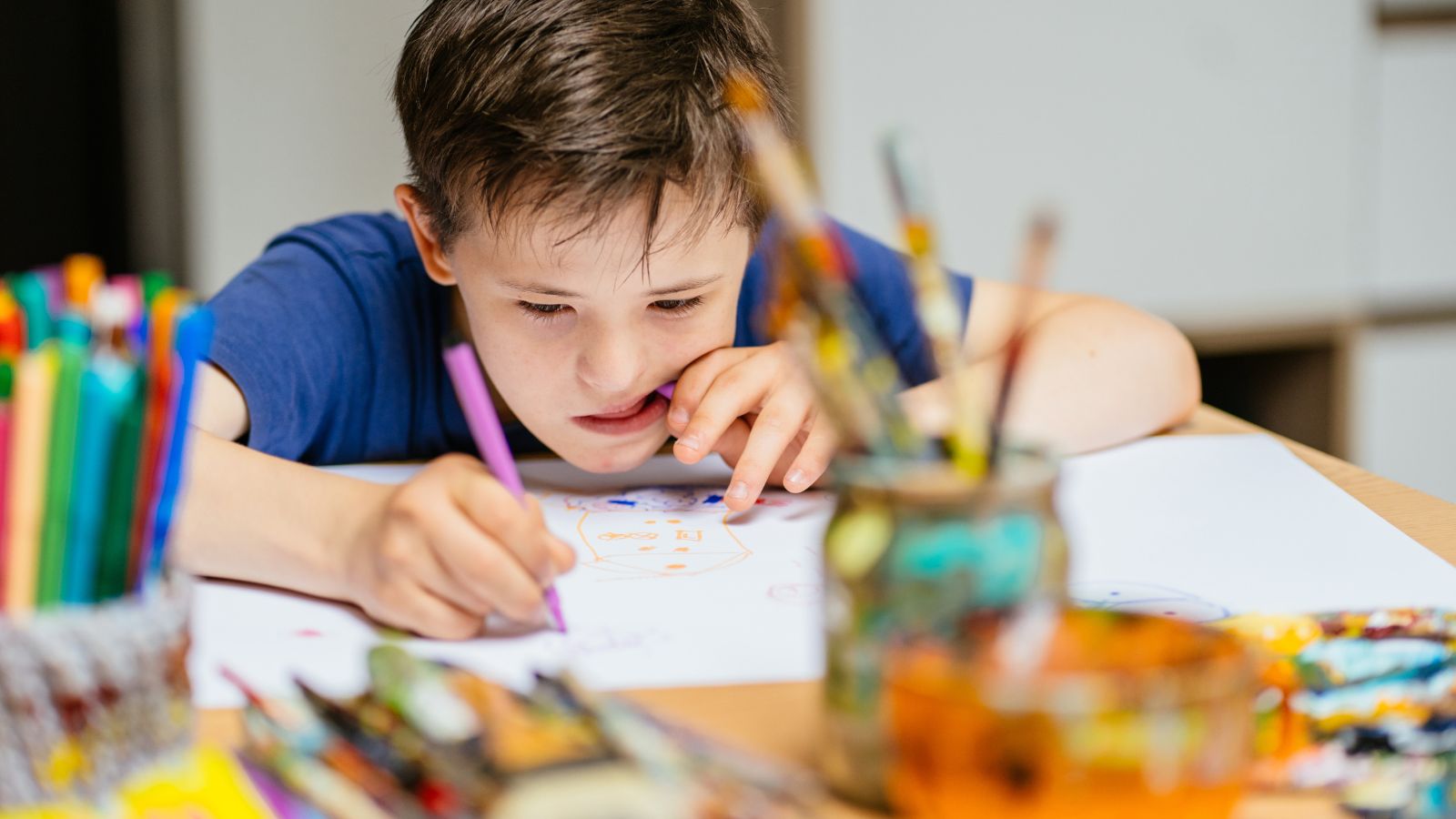
As schools focus more on STEM (science, technology, engineering and math) subjects, arts and humanities programs are often the first to face budget cuts. This deprives students of the opportunity to develop creative thinking, cultural awareness and a broader understanding of the world through literature, history and the arts.
Lack of Focus on Diversity and Inclusion
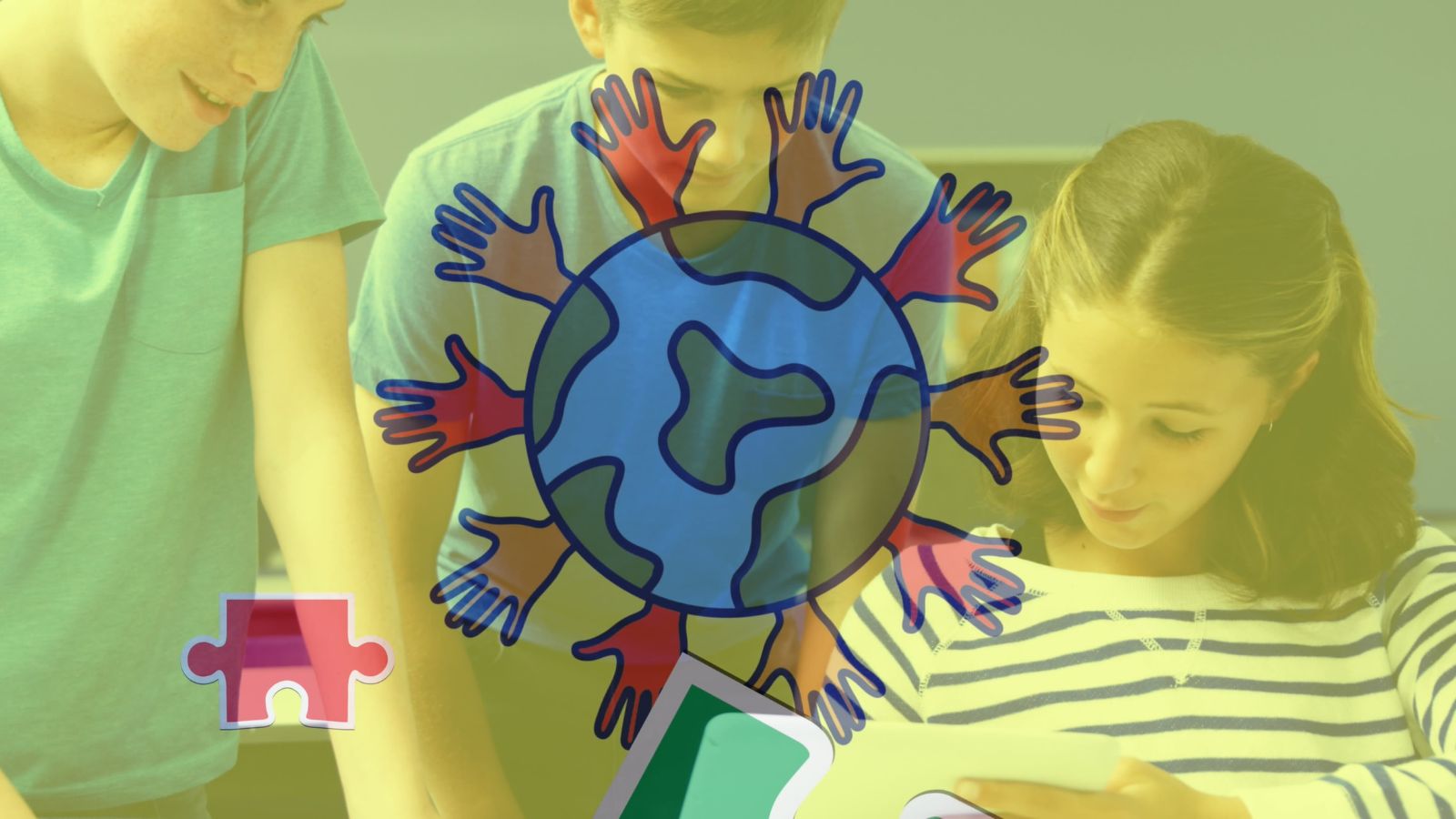
In an increasingly globalized world, it’s critical that students understand and appreciate cultural diversity. But, many education systems still fail to adequately teach students about different cultures, races, religions and worldviews. This lack of focus on diversity and inclusion perpetuates biases and fails to prepare students for a multicultural world.
Failing to Engage Students’ Interests

Too often, education focuses on subjects and methods that don’t engage or inspire students. By failing to tap into students’ passions and interests, schools risk alienating them from the learning process. Engaging students with subjects that excite them could foster a love of learning, but this potential is often missed.
Excessive Homework and Overburdened Schedules

Students are increasingly weighed down by excessive amounts of homework and packed schedules, leading to burnout and limiting time for creative or extracurricular activities. This unbalanced approach to education diminishes students’ overall well-being and leaves little room for self-discovery or relaxation.
Failure to Adapt to Globalization

In a world where economies and societies are increasingly interconnected, schools are failing to prepare students for the realities of globalization. Language education, international perspectives and cross-cultural understanding are often underemphasized, leaving future generations ill-prepared to navigate a global workforce.
18 Reasons Why People Are Leaving Florida in Masses

Exploring factors that impact the desirability of living in Florida, this list delves into various challenges shaping residents’ experiences. From environmental concerns like rising sea levels to economic factors such as fluctuating job markets, these issues collectively contribute to a nuanced understanding of the state’s appeal.
18 Reasons Why People Are Leaving Florida in Masses
